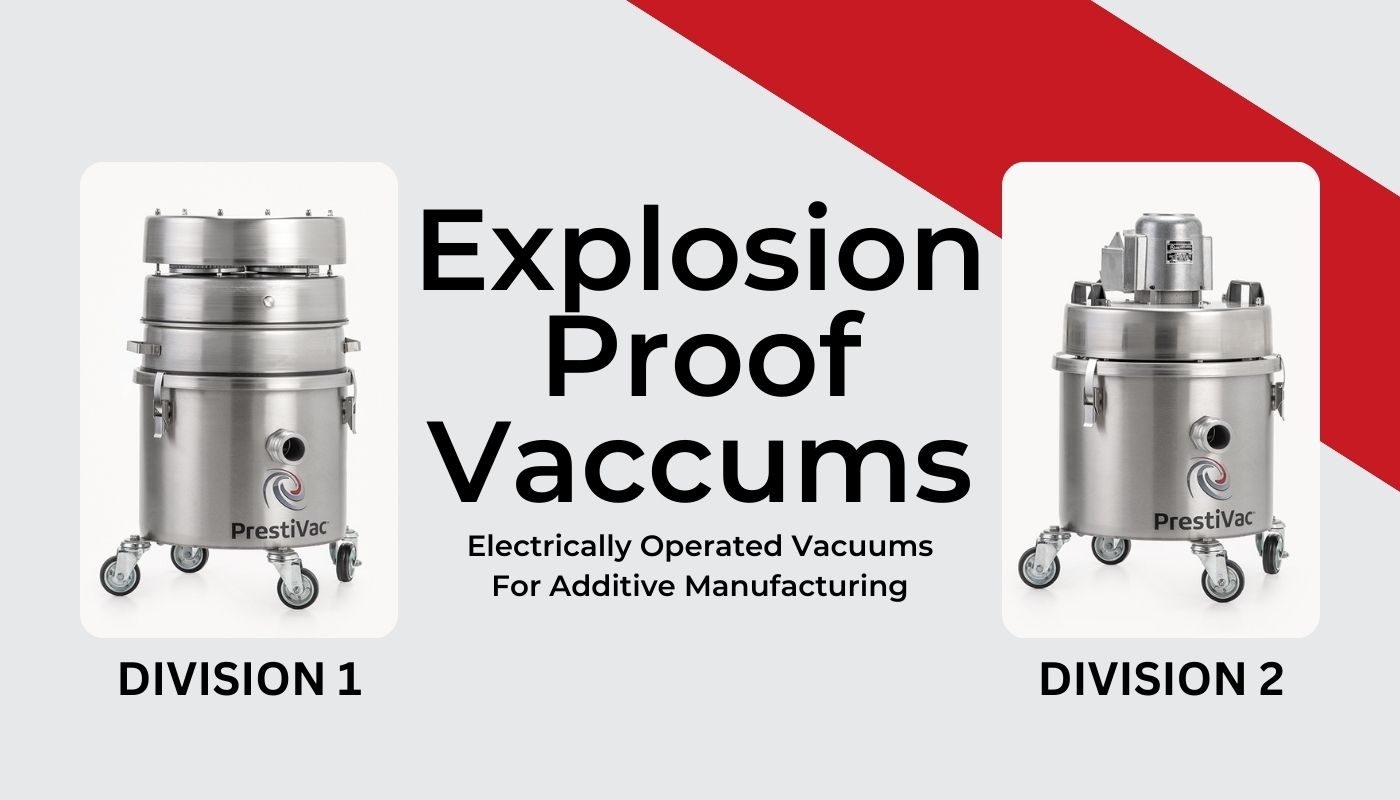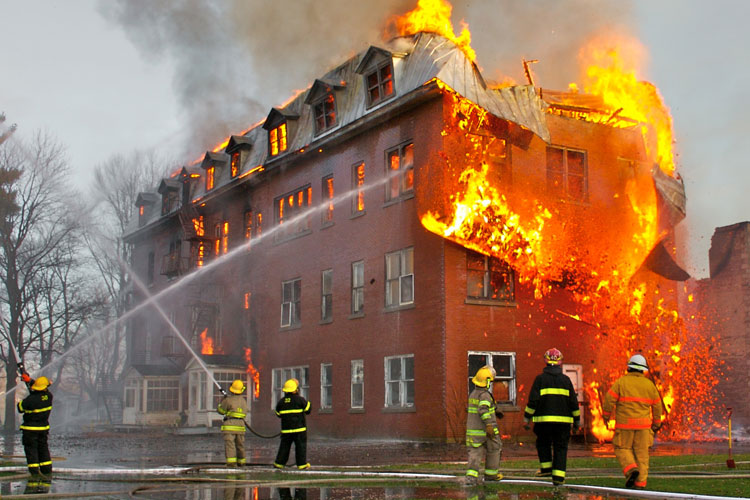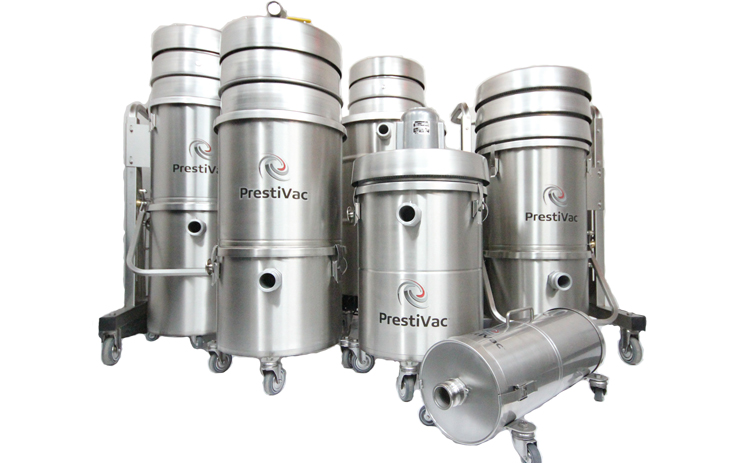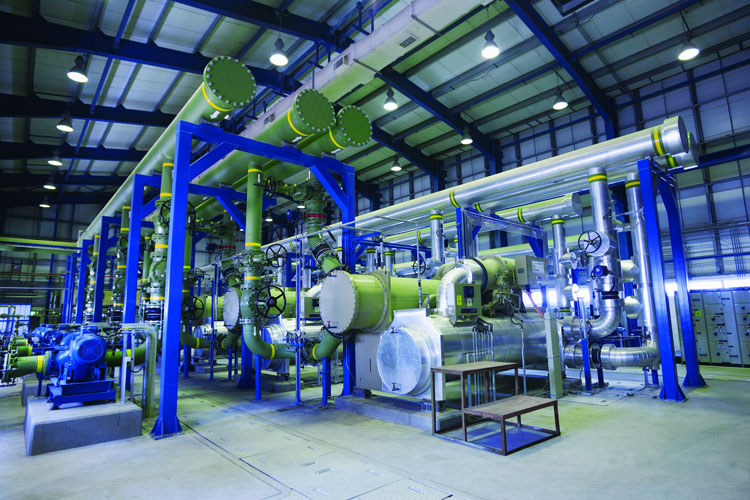A power plant is an industrial facility for the generation of electric power. Most power plants contain one or more generators, a rotating machine that converts mechanical power into electrical power.
The relative motion between a magnetic field and a conductor creates an electrical current. The energy source harnessed to turn the generator varies widely.
Most power stations in the world burn fossil fuels such as coal, oil, and natural gas to generate electricity. Others use nuclear power, but there is an increasing use of cleaner renewable sources such as solar, wind, wave and hydroelectric.
Exposure to hazardous chemicals is the cause of thousands of worker injuries every year in the power industry. Workers routinely come into contact with chemicals such as corrosives, oxidizers and solvents.
Suggested Industrial Vacuums for Recovery of Fuel
PrestiVac Explosion Proof/Dust Ignition Protected Vacuums are designed to safely vacuum explosive, flammable, combustible conductive* dusts. Our Explosion Proof/Dust Ignition Protected Vacuums are completely grounded and static dissipating because they are built entirely with non-sparking metals and do not have any painted components so there is no risk of fire or explosion from a spark or static build up. All the electrical components, including the motor and starter are totally enclosed so there is no source of ignition. Our Explosion Proof vacuums comply with NFPA 484 guidelines and are an effective tool for good housekeeping practise as per OSHA.
Which Industries are associated with Power Plants?













